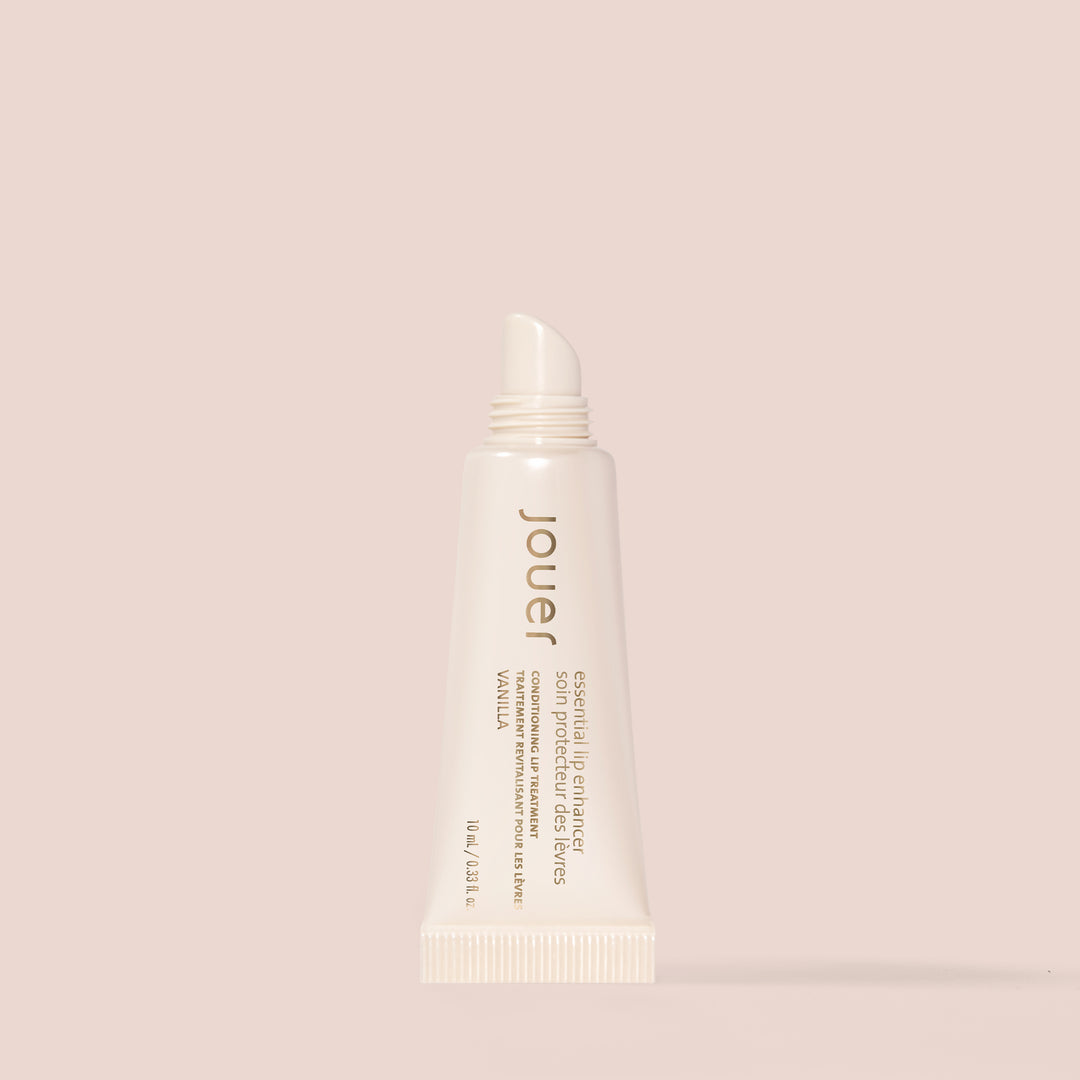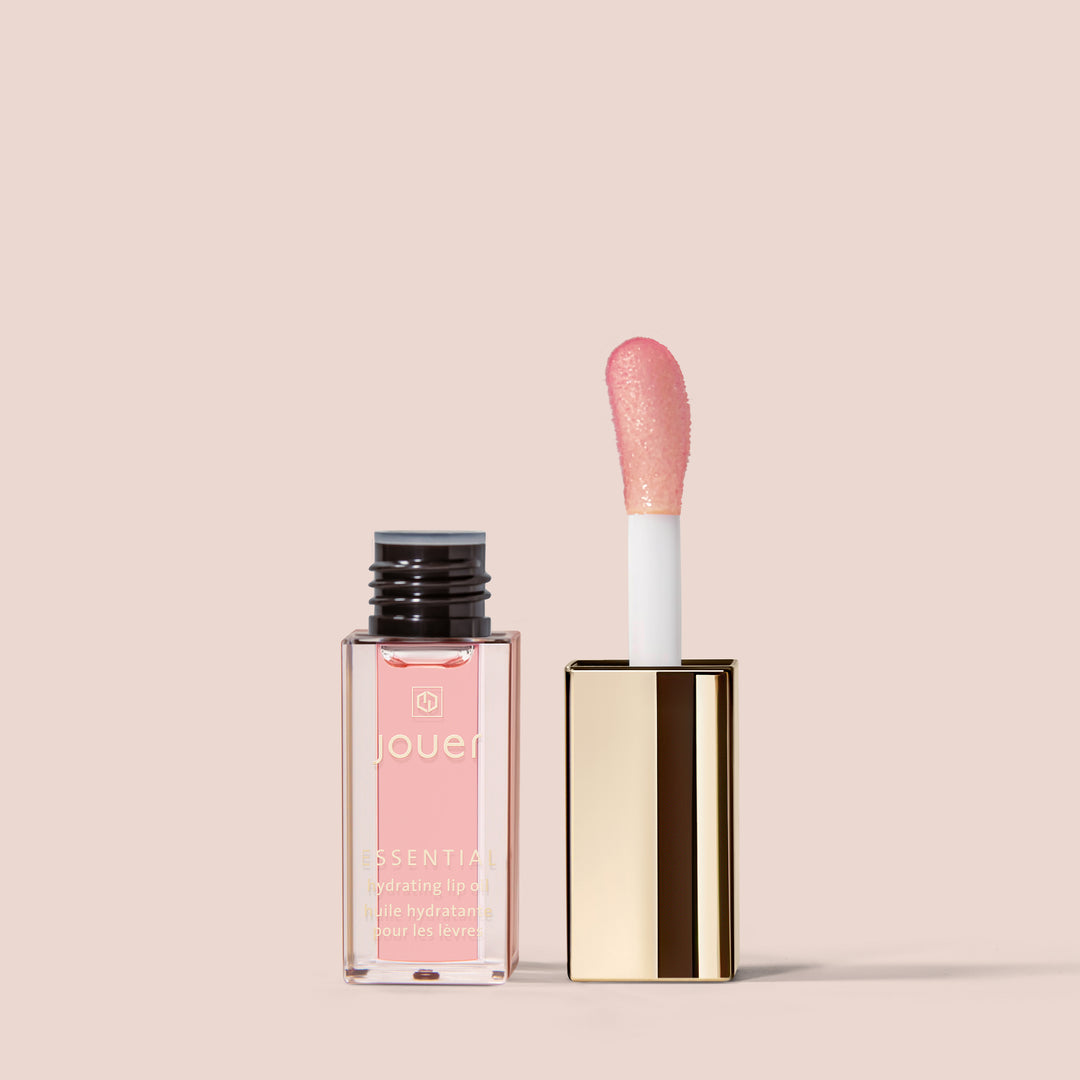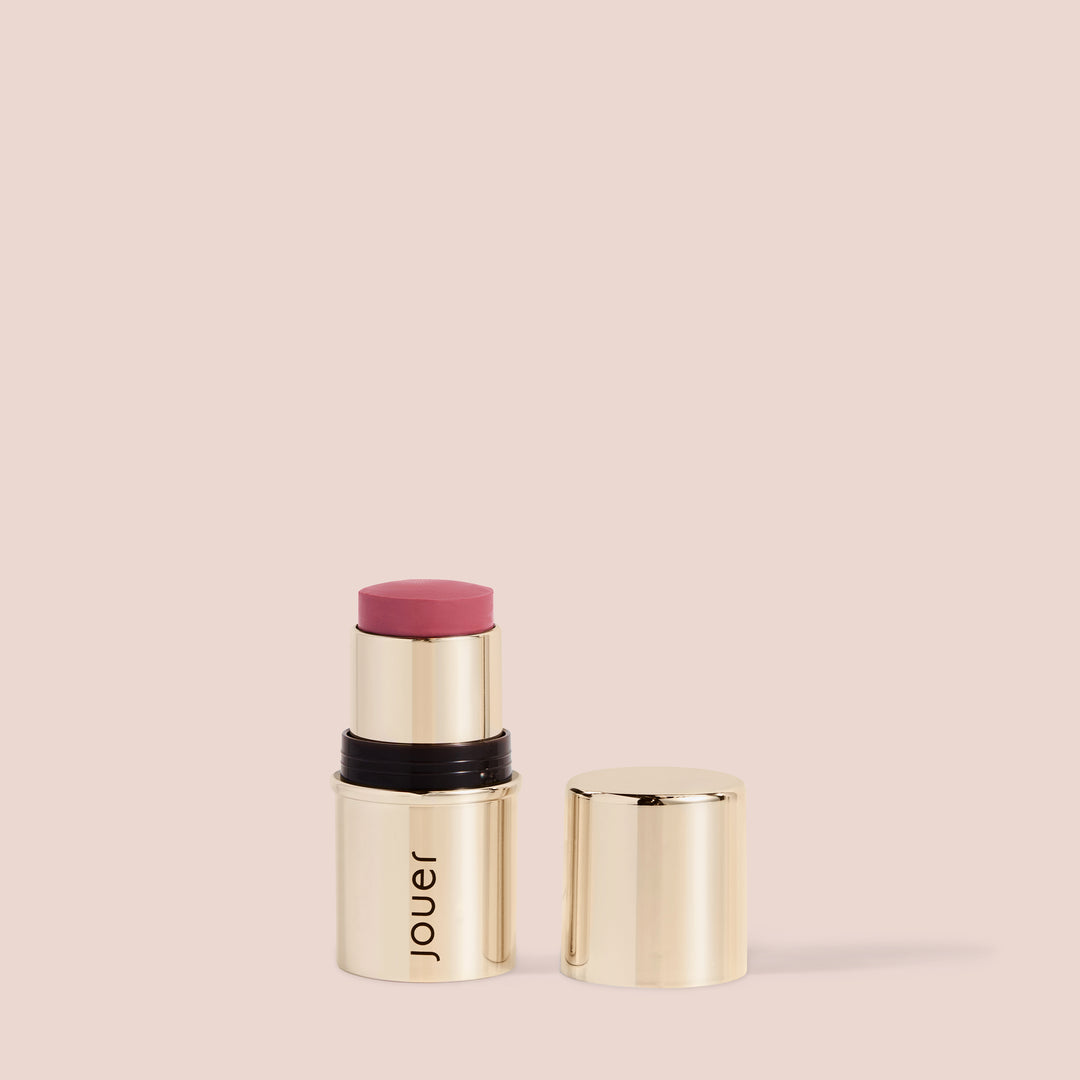In the world of skincare, few ingredients are as renowned as retinol – a vitamin A derivative praised for its anti-aging prowess. However, a newcomer called bakuchiol has been making waves as a plant-based retinol alternative. Consumers today are increasingly interested in retinol alternatives that promise similar benefits without the notorious side effects. Retinol is a proven ingredient to reduce fine lines, wrinkles, and sun damage, but it can be harsh on sensitive skin. Bakuchiol, derived from the babchi plant, offers a gentler approach, leading many to wonder about the bakuchiol vs retinol debate: which one is better for your skin? This comprehensive comparison will explore what retinol is, what bakuchiol is, their benefits, clinical evidence, side effects, and how to choose the right option for your needs.

Definitions and Origins
Bakuchiol and retinol are two distinct skincare ingredients that have become central to the conversation about effective, science-backed anti-aging solutions. Understanding what each ingredient is, where it comes from, and how it found its place in modern skincare provides valuable context for anyone considering these options. Retinol and bakuchiol represent two different paths to similar skincare goals: one rooted in decades of dermatological science, the other in centuries of botanical tradition. Their unique origins and histories shape how they are perceived and used today, offering consumers a choice between a time-tested synthetic and a promising plant-derived alternative.
Retinol: The Gold-Standard Anti-Aging Ingredient
It’s a form of vitamin A that can transform skin texture and appearance. When applied topically, retinol undergoes conversion in the skin to retinoic acid, which then actively affects skin cells. This ingredient promotes skin cell renewal, essentially speeding up the rate at which skin cells turn over and regenerate, and stimulates collagen production in the dermis. This leads to smoother and firmer skin, helping to improve skin texture and elasticity.
Retinol benefits are extensive and well-documented. By boosting cell turnover and new collagen formation, retinol helps fade fine lines and wrinkles, reduce hyperpigmentation, and even diminish acne breakouts. Over-the-counter products contain retinol at lower concentrations (typically 0.1% to 1%), often marketed as a retinol cream or serum for nightly use. Retinol is so effective at addressing signs of aging that it features in many anti-wrinkle night cream formulas meant to work while you sleep. However, retinol’s potency comes with caveats. It can be irritating, especially when you first start using it. Many people experience redness, dryness, flaking, or a temporary increase in breakouts as their skin adjusts. Retinol also makes the skin more sensitive to sunlight, which is why it’s typically advised to use it only at night and apply sunscreen during the day.
Bakuchiol: A Natural Retinol Alternative
Bakuchiol (pronounced “buh-KOO-chee-ol”) is a plant-derived compound that has emerged as a gentle retinol alternative in recent years. Sourced from the seeds and leaves of the Psoralea corylifolia plant (commonly known as the babchi plant), bakuchiol has been used for centuries in traditional Ayurvedic and Chinese medicine. Its recent popularity in skincare comes from its ability to mimic the effects of retinol without the typical side effects. Bakuchiol offers a plant-based wrinkle treatment that is gentler on the skin. It is often referred to as a “natural” or plant-based retinol substitute, since it’s entirely plant-derived and vegan-friendly. Because of this, bakuchiol appeals to those seeking cleaner or greener beauty options and to individuals who cannot tolerate retinol.
Despite having no structural resemblance to vitamin A, bakuchiol has demonstrated remarkable functional similarities to retinol. Bakuchiol helps diminish fine lines and wrinkles, improve skin firmness, even out skin tone, and reduce photodamage, much like retinol does. It is an anti-aging cream without retinol for those who want the benefits of retinol’s results but in a more tolerable form.
Another major advantage is that bakuchiol is non-photosensitizing. It does not increase the skin's sensitivity to the sun. Unlike retinol, you can use bakuchiol products during the day without the same risk of UV irritation. This flexibility allows bakuchiol to be used twice daily (morning and night) for potentially faster results, or incorporated at any convenient time. Skincare formulators have begun incorporating bakuchiol into a range of products, including facial oils, serums, and moisturizers. For instance, you might find a bakuchiol serum marketed as a nighttime treatment, or a day cream containing bakuchiol for all-day antioxidant support. With bakuchiol’s rise, those seeking an effective plant-based night serum or gentle anti-aging solution have a promising option at their disposal. It’s no surprise that this ingredient is being embraced as a plant-based retinol hero ingredient in modern skincare.
Efficacy Comparison: Do They Deliver the Same Results?
The ultimate question in the bakuchiol vs retinol discussion is whether bakuchiol can truly match retinol’s effectiveness in reducing visible signs of aging. Bakuchiol holds its own impressively well. Both compounds worked equally well to reduce wrinkles and hyperpigmentation, with no statistically significant difference in the degree of improvement. Crucially, where bakuchiol outshone retinol was its tolerability.
Suitability for Different Skin Types and Concerns
Both ingredients offer distinct advantages, but their suitability can vary depending on sensitivities, skin conditions, and lifestyle. Here’s a closer look at which option may be best for you:
- Sensitive Skin: If you have sensitive skin that is prone to redness, irritation, or stinging, bakuchiol is often the safer bet. Unlike retinol, which frequently causes flaking and discomfort, bakuchiol is much gentler. It delivers similar anti-aging effects without the harsh side effects, making it a favorite for those who have struggled to tolerate traditional retinoids or who want to avoid aggravating existing sensitivities.
- Acne-Prone Skin: Retinol is well-known for its ability to unclog pores, speed up cell turnover, and reduce acne breakouts, making it a go-to for many with acne-prone skin. However, its initial use can sometimes trigger purging or increased dryness. Bakuchiol, on the other hand, offers anti-inflammatory and antibacterial properties that also benefit acne-prone skin, but with a lower risk of irritation or purging. For those with reactive or easily inflamed skin, bakuchiol may be a gentler alternative.
- Dry or Mature Skin: Individuals with dry or mature skin may find retinol effective for boosting collagen and improving texture, but it can also exacerbate dryness and flakiness. Bakuchiol, being less irritating and non-drying, is often better tolerated in these skin types. It can provide firming and smoothing benefits similar to retinol while supporting the skin’s natural barrier, making it a suitable option for those seeking anti-aging results without added dryness.
- Rosacea, Eczema, or Compromised Skin Barriers: For individuals with chronic skin conditions such as rosacea or eczema, or those with a weakened skin barrier, retinol’s strong action can be too harsh and may trigger flare-ups. Bakuchiol’s gentle, plant-based formula is more compatible with these conditions, offering visible improvements in tone and texture without aggravating inflammation. It’s a promising choice for anyone seeking results while avoiding potential irritation or worsening of their skin condition.
The right choice depends on your skin’s unique characteristics and how it responds to active ingredients. By considering your sensitivities and concerns, you can select a product that delivers visible results while keeping your skin comfortable and healthy.

Switching from Retinol to Bakuchiol: What to Expect
There’s no complex procedure needed to stop retinol. You can typically discontinue your retinol product and start using bakuchiol in its place, the very next routine. Because retinol doesn’t cause dependency, you don’t need to taper down for safety reasons, though if your skin is currently irritated from retinol, you might give it a short break to recover before introducing bakuchiol. Once you begin bakuchiol, you can use it more frequently than you did retinol. Many people go from using retinol a few nights a week to using bakuchiol daily. The lack of irritation means you don’t have to build up frequency, as you do with retinol slowly. Of course, if you’re very sensitive, you could still start bakuchiol every other day to be extra gentle, but most find they tolerate everyday use from the start.
One concern might be, “Will I lose the progress I made with retinol if I switch to bakuchiol?” Thankfully, if bakuchiol works similarly in your skin, it should maintain and further your results. In the comparative study we cited, bakuchiol maintained its effectiveness alongside retinol in sustaining anti-wrinkle effects over 3 months. So, you shouldn’t see a regression in skin quality; on the contrary, you’ll continue to see improvements, just without new irritation cropping up. It’s always possible that extremely retinol-responsive skin might notice a slight difference. But for general anti-aging signs, bakuchiol should pick up where retinol left off. One tip is to look for a high-quality bakuchiol serum or cream that has a decent concentration. Using a well-formulated bakuchiol product will maximize your chances of equal success.
If you were structuring your routine around avoiding retinol conflicts (like not using AHA/BHA exfoliants on retinol nights, etc.), you can be a bit more flexible with bakuchiol. Since bakuchiol is gentle, you can typically use it in conjunction with other actives. You could apply a vitamin C serum in the morning and a bakuchiol product in the evening without worry. Alternatively, if you love your glycolic acid toner, you can still use it a few times a week in conjunction with bakuchiol. Just remember that while bakuchiol isn’t photosensitizing, wearing sunscreen during the day remains crucial to prevent new photoaging. That’s standard advice whether you use retinol, bakuchiol, or neither. So keep the sunscreen habit strong.
Choosing the Right Product and Incorporating It into Your Routine
Whether you opt for retinol, bakuchiol, or both, selecting a high-quality product formulation is crucial for achieving results. Here are some pointers for choosing and using these ingredients effectively:
- For retinol products: If you opt for retinol, start with an over-the-counter product with a lower concentration unless you’ve used retinoids before. The best retinol cream for beginners typically contains 0.3% to 0.5% retinol and often features encapsulated or slow-release retinol. Look for soothing additions like niacinamide, hyaluronic acid, or ceramides in the formula – they help buffer retinol’s harshness. Always check the packaging: retinol is sensitive to light and air, so it should be stored in an opaque tube or pump bottle to maintain its stability. Apply only a pea-sized amount to the entire face, and start by using it twice a week; then, build up the frequency as tolerated. It’s best used at night on clean, dry skin. Remember to moisturize after a few minutes, which can mitigate dryness. And never forget your sunscreen every morning if you’re using retinol at night. When you buy retinol products, also pay attention to expiration dates, as retinol can lose potency over time, so a fresh product is more effective. Manage your expectations and be patient; even the best retinol cream won’t erase deep wrinkles overnight, but with diligent use, it can significantly improve skin over months.
- For bakuchiol products: With bakuchiol, the good news is you have more flexibility in product type. Bakuchiol is found in serums, oils, moisturizers, and even cleansers. Serums are a popular choice as they tend to have a higher concentration and stay on the skin to deliver benefits. A high-quality bakuchiol serum often contains around 1% bakuchiol. Moisturizers with bakuchiol might have a slightly lower dose but can still be effective while providing hydration. Since bakuchiol is stable in sunlight, you could choose a day cream that includes it, or use your serum morning and night. When comparing products, you might also see terms like “phyto-retinol” or plant retinol serum – these are essentially marketing terms for bakuchiol or similar plant extracts. Check that bakuchiol is listed in the ingredients. If you’re after the best bakuchiol serum, look for one from a reputable brand that has transparently published the percentage of bakuchiol and ideally has positive reviews regarding texture and results.
To illustrate what a good bakuchiol-based product can look like, consider an offering from our own brand. Jouer Cosmetics’ Hydrate & Repair Skin Barrier Balm is an excellent example of a skincare product that harnesses bakuchiol’s benefits. This multi-active solid serum contains bakuchiol as a key ingredient alongside nourishing oils and antioxidants. Because it’s in a rich balm base, it also helps fortify the skin barrier while you sleep, so you wake up with calm, hydrated skin. For those seeking an anti-wrinkle night cream effect from a natural formula, this is an ideal choice.
Always introduce only one new active product at a time and monitor your skin. Even with bakuchiol’s gentleness, it’s prudent to ensure your skin agrees with a new formula. Perform a patch test on your inner arm or behind your ear if you have particularly sensitive skin. Once you start using it on your face, if your skin feels good, that’s a green light to continue. With retinol, expect a bit of tingling or light flaking initially. With bakuchiol, you might not feel much at all, except perhaps a nice moisturizing effect if it’s in an oil or lotion base.
Other Retinol Alternatives and Related Ingredients
When searching for effective skincare solutions beyond retinol and bakuchiol, a growing number of alternative and related ingredients have emerged, each offering unique benefits for those seeking smoother, firmer, and more youthful-looking skin.
- Tretinoin (Prescription Retinoid): Unlike over-the-counter retinol, tretinoin is pure retinoic acid and acts directly on skin cells without needing conversion, making it highly effective. However, its potency also brings a higher risk of irritation, redness, peeling, and sun sensitivity. Tretinoin is best suited for those who can tolerate its strength and should be used under medical supervision for optimal safety and results.
- Defensins (Peptide-Based Alternative): Defensins are naturally occurring peptides that offer a novel approach to skin rejuvenation. Instead of accelerating cell turnover like retinoids, defensins stimulate dormant skin stem cells to produce new, healthy skin. This unique mechanism can lead to visible improvements in skin texture, firmness, and radiance without the irritation commonly associated with retinoids. Dermatologists increasingly recommend defensin-based products as a non-irritating option for those who cannot tolerate retinol or want to avoid its side effects.
- Sea Fennel (Marine Botanical): This is a marine plant extract that contains natural forms of vitamin A, antioxidants, and peptides, which help stimulate collagen production and support skin renewal. It offers retinol-like benefits while remaining gentle on the skin.
- Cranberry Extract (Antioxidant-Rich Botanical): Cranberry extract is rich in antioxidants and natural peptides, making it an effective ingredient for boosting skin structure, reducing the appearance of wrinkles, and enhancing radiance. It supports the skin’s healthy barrier function and provides anti-aging benefits similar to retinol, but in a gentler, plant-based form. Cranberry extract is often included in formulations designed for those seeking a natural retinol alternative with added antioxidant protection.
Exploring these alternatives empowers you to tailor your skincare routine to your unique needs and preferences.

In today’s market, it’s easy to find quality products once you’ve made your choice. You can readily order bakuchiol online or find it in stores by searching for serums or creams labeled as “bakuchiol” or “phyto-retinol.” Likewise, buying retinol creams or serums is as simple as visiting your local beauty aisle or pharmacy; many brands offer OTC retinol products in various strengths. When you buy anti-aging serum products, whether plant-based or not, remember to stick with trusted brands or those recommended by skin experts. Many retailers have made it convenient to buy plant retinol serum by clearly marking it as a retinol alternative. Both types of products are accessible; the key is consistent use and proper application. With that in mind, you’re well on your way to healthier, more youthful skin, whichever path you take.
Sources:
- healthline.com Healthline – Try Bakuchiol, Retinol’s Gentle, Plant-Based Sister for Fresh, Healthy Skin (explains how retinol works and its 12-week benefits)
- goodrx.com GoodRx – What to Know About Bakuchiol: The Plant-Based Alternative to Retinol (notes that lab studies show bakuchiol influences gene expression for collagen and skin cell production similar to retinol)
- westlakedermatology.com Westlake Dermatology – Skin Care Ingredient Focus: Bakuchiol (cites a study showing 12 weeks of bakuchiol use improved wrinkles and hyperpigmentation, reinforcing bakuchiol’s anti-aging efficacy on par with retinol)






